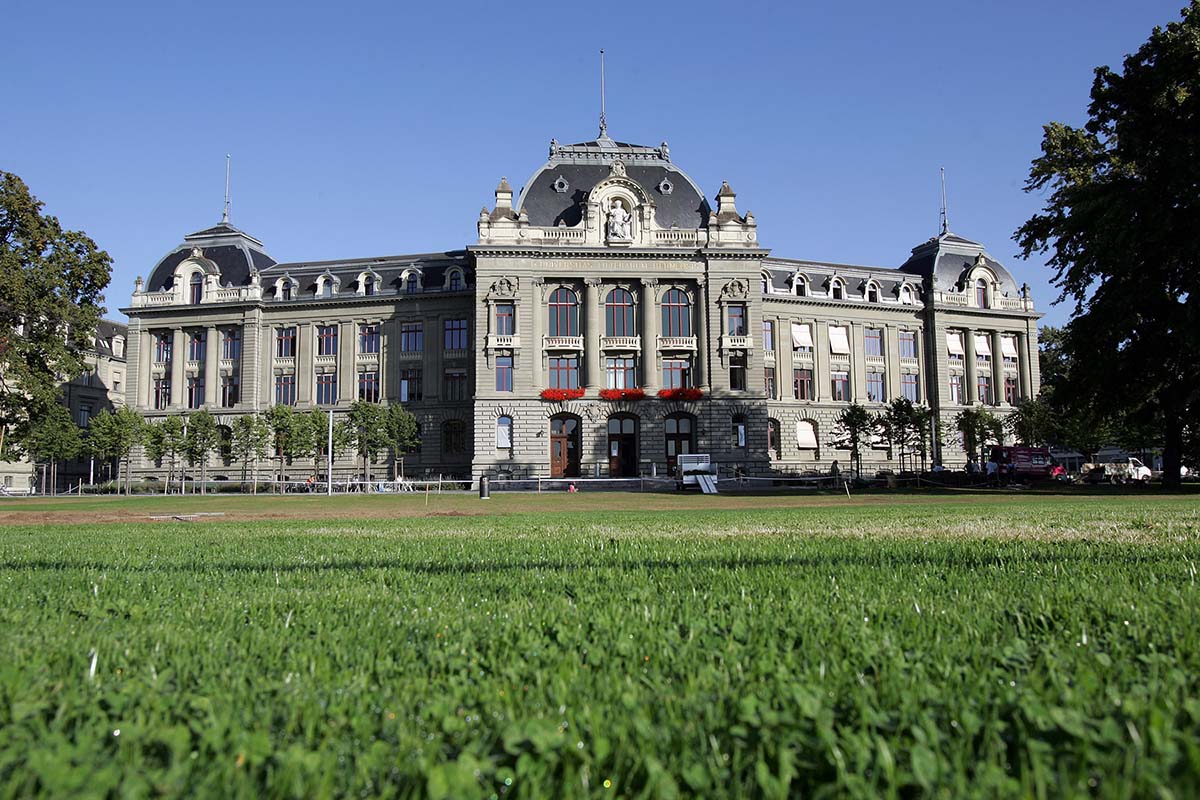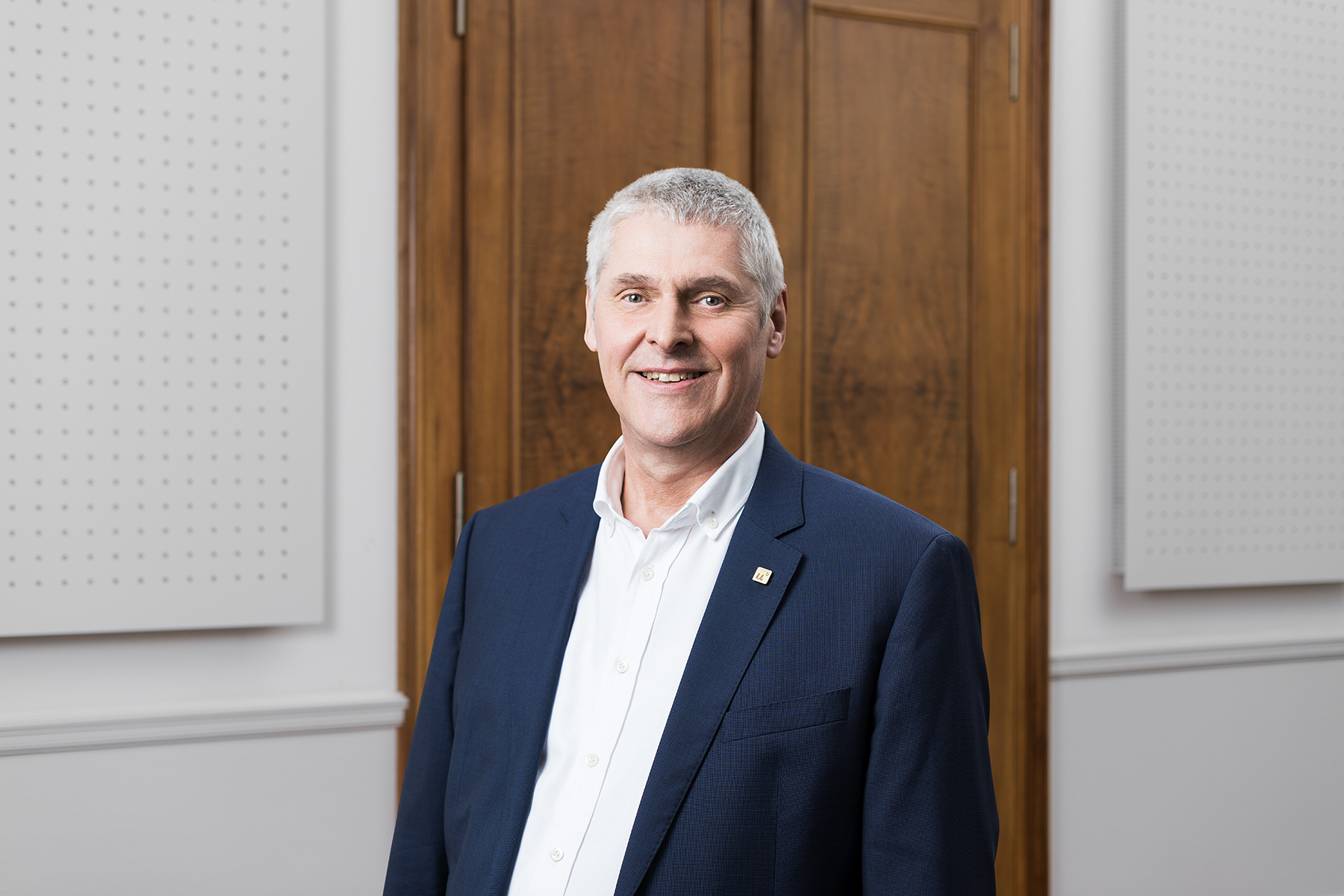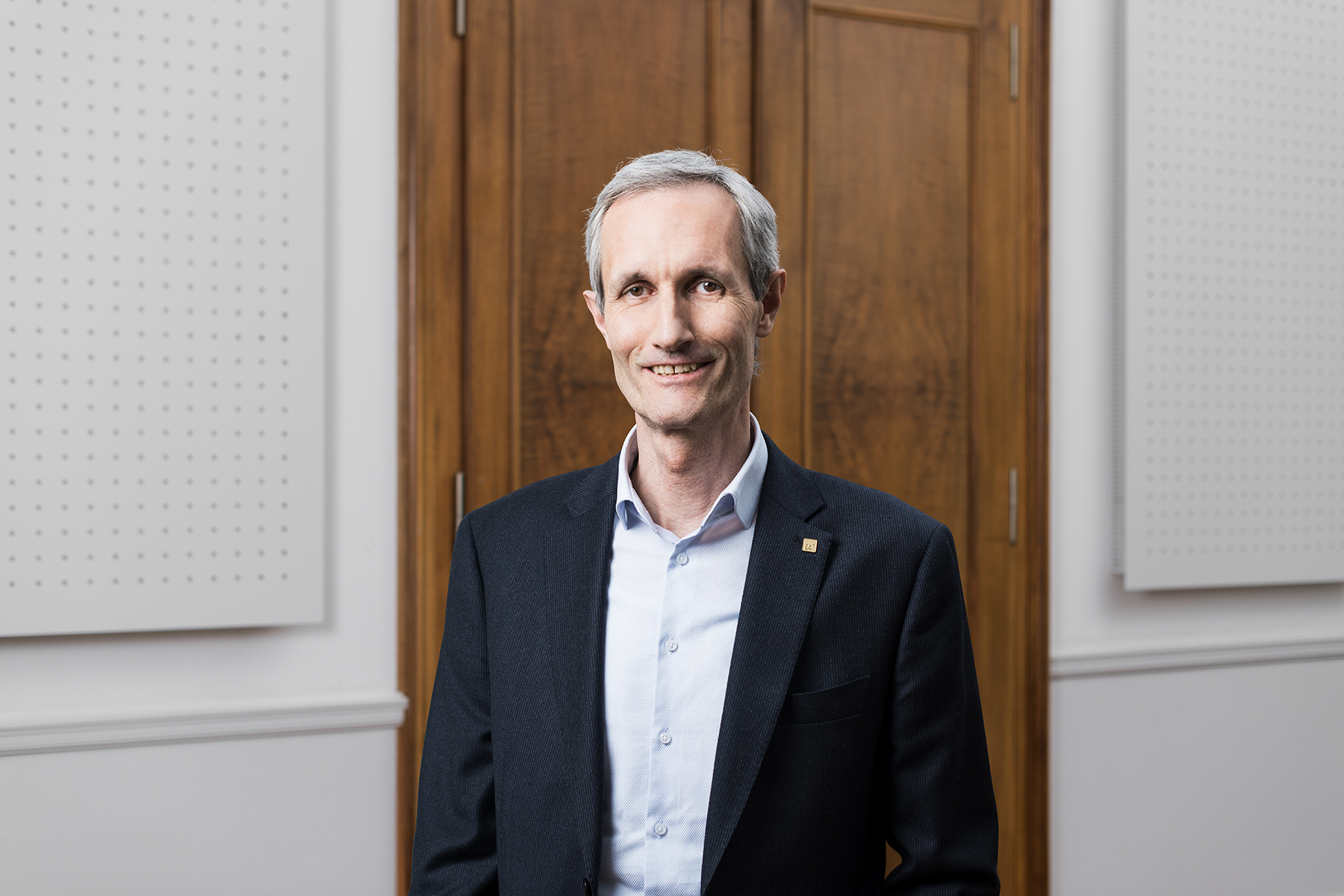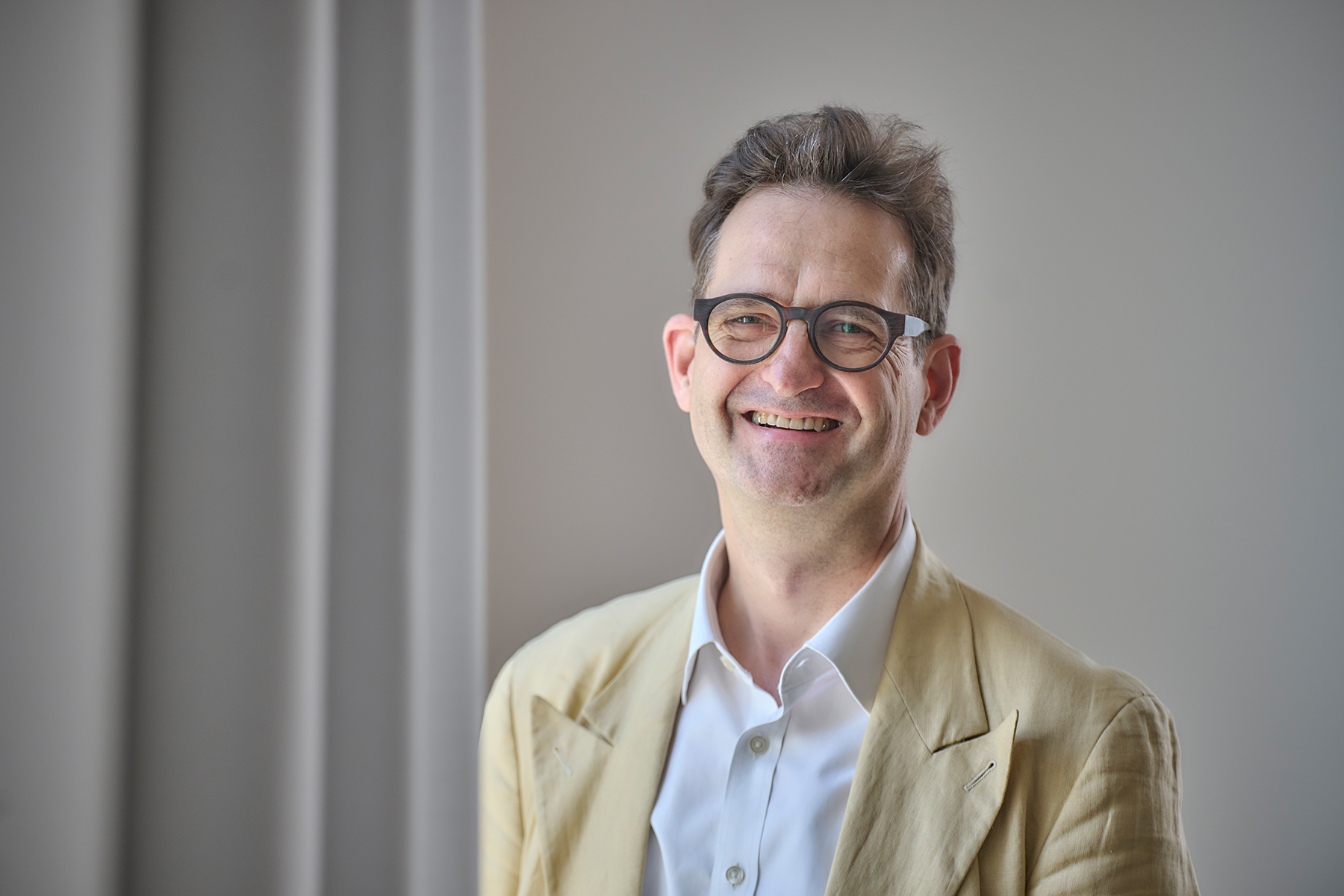The Institute for the Study of the Middle East and Muslim Societies (ISNO) in its current form is closed and the academic field is reorganized
Based on the findings of the report from the administrative investigation of the Institute for the Study of the Middle East and Muslim Societies (ISNO), the Executive Board of the University of Bern has decided to close the institute in its current form. The faculty will present a structural report outlining the reorganization of the subject by the end of June 2024. Prof. Dr. Serena Tolino receives a formal warning for poor management, and the institute is placed under the supervision of the Head of Faculty until the new structure is implemented.
After a lecturer in the Institute for the Study of the Middle East and Muslim Societies (ISNO) at the University of Bern inappropriately posted on X (formerly Twitter) in October 2023, they were dismissed without notice. "I would like to reiterate that the University of Bern condemns all forms of violence and discrimination. This relates in particular to the current debate on religious discrimination, especially antisemitism," said Prof. Dr. Christian Leumann, Rector of the University of Bern.
On October 17, 2023, the University Executive Board resolved to conduct an administrative investigation of the institute and to temporarily relieve the Institute Co-Director, Serena Tolino, of her duties. The University Executive Board commissioned Emeritus Professor Dr. Antonio Loprieno with the administrative investigation of the ISNO. He is an Egyptologist, former Rector of the University of Basel and former President of the Swiss Academies of Arts and Sciences.
The report was submitted to the University Executive Board on January 19, 2024, after the two Co-Directors of the ISNO had been granted a legal hearing on the report. The report focuses primarily on the structures at the institute, but it also covers scientific, academic-theoretical and higher education policy aspects.
Report findings
The report found that the ISNO conducts internationally competitive academic work, that external funding is acquired very successfully, and that the ISNO has been able to position itself internationally and enjoys recognition.
However, the report also found that there is severe polarization at the institute and that there is a lot of unease among employees. The report continued that personnel were also recruited from the institute’s own global network. There were dependencies between employees and the institute’s management, conflicts of interest and an excessively informal management style.
The report also mentioned that academic and didactic perspectives changed at the ISNO under Serena Tolino. This change was accelerated by the appointment of Nijmi Edres as assistant professor with a tenure-track contract. This resulted in methodological homogeneity, which also manifested itself in the lack of curricular breadth. Furthermore, it was also clear that the management failed to understand the task of transferring knowledge to society in a subject that is under an intense media spotlight. Prof. Dr. Peter J. Schneemann, Dean of the Faculty of Humanities at the University of Bern, said: "When the institute was reorganized at the time, not enough attention was paid to academic diversity. We will now take this into account by embedding the academic field in a broader academic and methodological context with other academic fields and by paying more attention to knowledge transfer."
The report also addresses the delicate balance between freedom of research and political engagement ("advocacy"). The report states that the institute failed to realize that boundaries needed to be proactively drawn in this regard. “Advocacy and political statements have no place at the University of Bern. Research must be conducted according to broad-based scientific criteria,” said Rector Christian Leumann. Moral proximity to the object of research should be treated as a problem and differentiated from the scientific methodology.
The institute in its current form is closed
The report makes recommendations, which served as the basis for the measures taken by the University Executive Board. The ISNO in its current form is closed. The Faculty of Humanities is now responsible for presenting a structural report on the reorganization of the academic field with a broader focus in terms of both content and methodology by the end of June 2024. The object of research and teaching must be expanded, and the curriculum reviewed. This means that the academic field is to be integrated into a broader context of religion, language, and historical perspective. The institute will remain under the supervision of the Head of Faculty until the structural report is implemented. The Head of Faculty may appoint a person to be assigned to the management of the relevant unit. "The faculty is well-equipped to take on this difficult task and ensure that education continues to take place on a broad scale," said Dean Peter J. Schneemann.
Formal warning for Serena Tolino
The report found that the institute was poorly managed, particularly in terms of personnel recruitment. The Institute Co-Director, Serena Tolino, receives a formal warning in this respect. The University Executive Board expects the management to become more professional in the future. It also expects managers to be aware of their position as academic role models and to know where the line is between academic activity and political implications. "In accordance with the canton’s personnel law, measures must be proportionate. The report includes no indications that would justify further measures," says Dr. Christoph Pappa, Secretary General and Director of Legal Services at the University of Bern. Serena Tolino was relieved of her duties during the administrative investigation, but she will now be reinstated under the aforementioned conditions.
"Adopting a consistent approach"
"The University’s Executive Board has studied the report in detail. We have taken various measures based on the clarifications, and we are convinced that these measures show that we are adopting a consistent approach to reposition the academic field more broadly, therefore creating added value for teaching, research and society," said Rector Christian Leumann.
The report from the administrative investigation will be sent to media representatives on request.
2024/02/01




